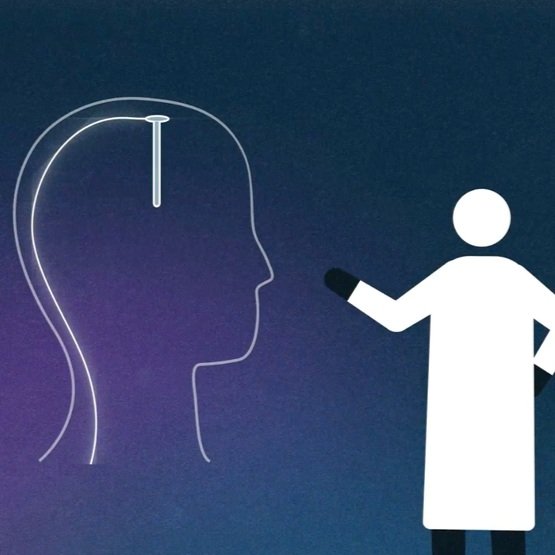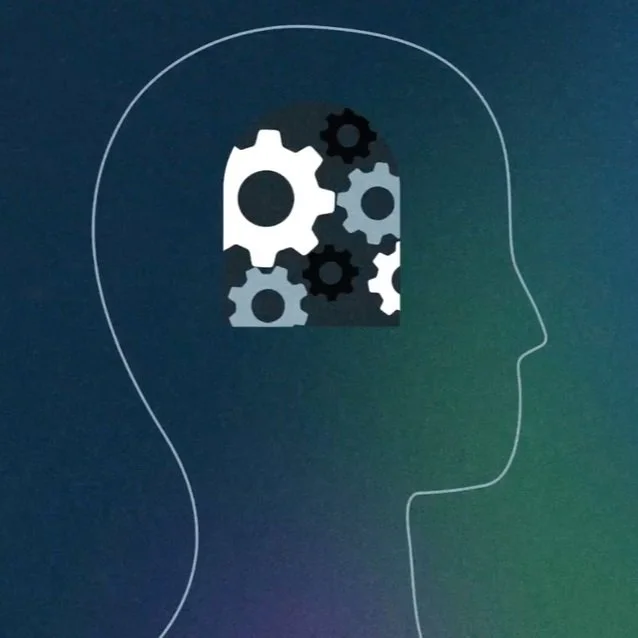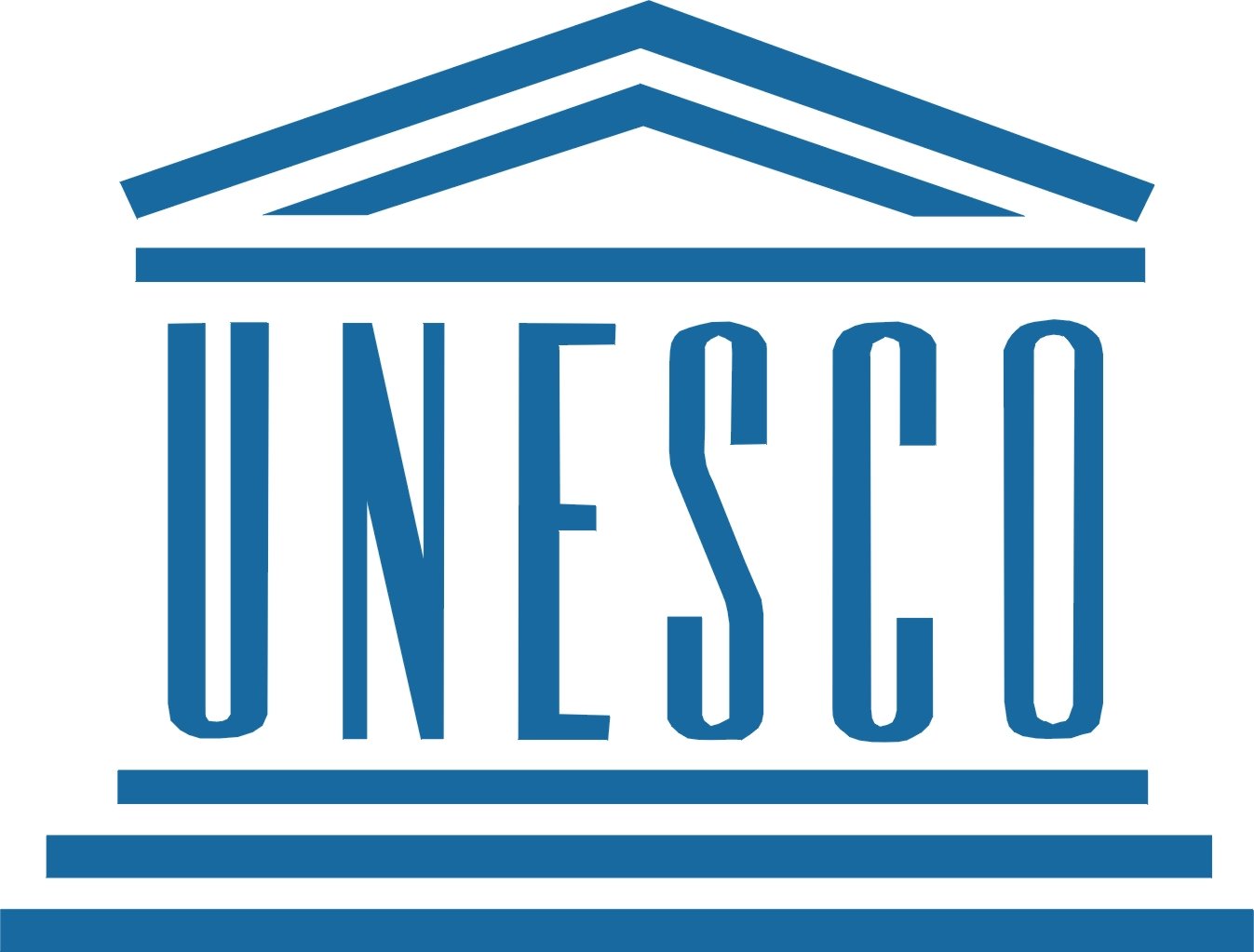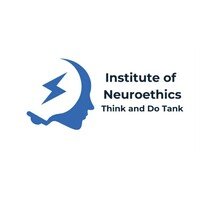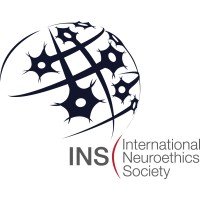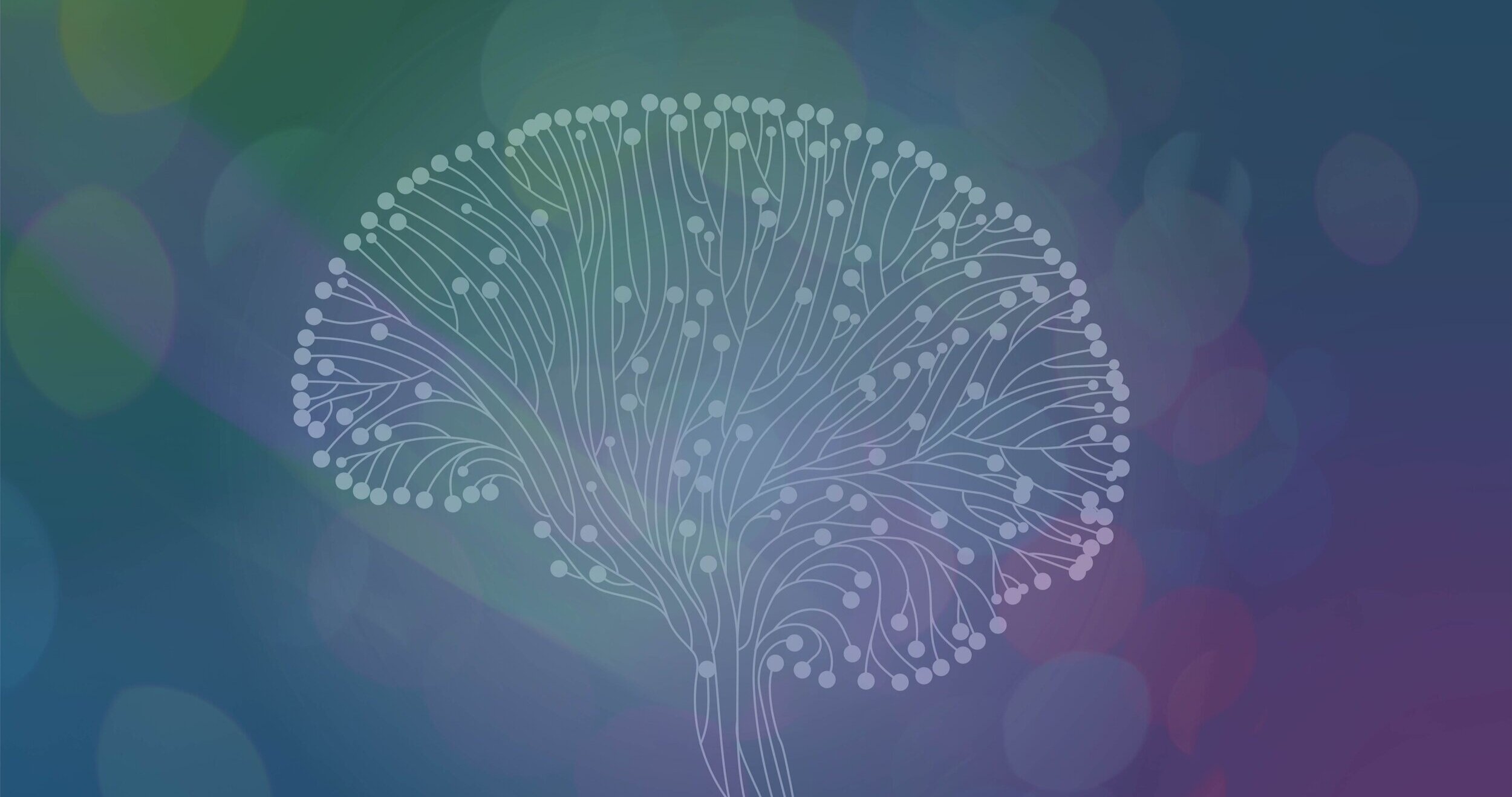
How do we define Neuroethics?
Neuroethics is the study of the ethical, legal, and social implications of neuroscience. It investigates the impact of advances in neuroscience on society and how we can use this knowledge for the greater good.
Understanding Neuroethics provides a compass for navigating the ethical implications of advancing brain science. It ensures responsible decision-making, safeguarding ethical principles in a rapidly evolving field that directly impacts individuals and society. Learn more below.
What is the difference between Neuroethics and other ethical frameworks?
Neuroscience presents unique challenges that may not be adequately addressed by broader ethical frameworks. The intricacies of studying and manipulating the brain raise distinct ethical questions surrounding the nature of consciousness, personal identity, and free will that require specialized consideration. Neuroethics is interdisciplinary, involving biology, philosophy, psychology, law, and other disciplines. It recognizes the need for a multidisciplinary approach to address the ethical issues arising from our expanding knowledge and capabilities in neuroscience. Learn more about the distinction in this video.
Seven Key Areas of Neuroethics
Equity and Access
Dual or Intended Use
Agency and Autonomy
Safety and Patient Protection
Privacy
Public Engagement
Capacity and Consent
THEMES AND ISSUES ADDRESSED

What are the implications of Neuroethics?
Neuroethics delves into the profound implications of manipulating the mind and raises essential themes surrounding privacy, consent, and societal norms. As we unravel the mysteries of the brain, navigating these ethical considerations becomes crucial for responsible innovation and respectful treatment of cognitive complexities.
New brain technologies are rapidly arising in our world today. These advancements are creating valuable progress in the care of those with parkinsons, depression, PTSD, and more:
A neural implant can reduce the symptoms of people with Parkinson's
An EEG headset can help people measure their level of focus
Psychedelic therapies can aid those with depression and PTSD
Though the possibility to help those with neurological disorders is extremely beneficial, there are many questions and problems that arise with such rapid advancements. Most notably, the pacing problem.
The Pacing Problem
The pacing problem describes the occurrence in which neurotechnology is moving faster than regulation and political change—it is essential to offer more guidance to those involved in the development of neurotechnology to ensure ethical progress.
The pacing problem leads to other questions surrounding rapid technological advancements: should companies be allowed to collect brain data gathered from these technologies and sell it? What if these technologies were not only used to help those with neurological conditions but as neurological enhancements for the general population? Who should be able to access these technologies? It is essential to ask what may happen if brain technologies are used without thinking of their possible consequences and use the framework of Neuroethics to address these questions.
Common issues that Neuroethics hopes to address:
ACCESS
Neurotechnologies, often developed within the framework of the traditional medical model, are delivered through complex healthcare systems, potentially limiting the perspectives of people with disabilities in the risk-benefit trade-off. The design and use of Brain-Computer Interfaces (BCIs) carry ethical implications, as they can either empower or undermine the interests of persons with disabilities, with the potential to enhance abilities but also invite stigma and societal challenges.
PRIVACY
Enormous amounts of data are being collected daily from various sensing devices, including neural technologies, but individuals often remain uncertain about how this data might be used both presently and in the future. The responsibility for untoward consequences arising from the use of BCI-based neuroprosthetics raises complex questions, as determining liability becomes challenging due to the law's reliance on intentionality and conscious control, providing limited guidance in this context.
BIAS
In scientific research, analyzing data based on socially constructed identities like gender and race requires careful interpretation to avoid perpetuating discriminatory norms. While exploring sex as a biological variable is essential, there is a need to adopt more nuanced and intentional terms and variables to enhance scientific understanding. Brain-Computer Interfaces (BCI) offer a potential means for individuals in a minimally conscious state with impaired communication to express their preferences regarding life-sustaining therapies.
SAFETY AND WELL BEING
Participants in trials for invasive neural implants are burdened with post-trial responsibilities related to device maintenance and finding alternatives. Additionally, the design of BCI-based clinical devices should consider not only safety but also how using such devices can impact an individual's identity, as BCI users may have varying expectations and approaches to the trade-offs involved
EXISTING NEUROETHICAL FRAMEWORKS AND GUIDELINES

OECD Recommendation on Responsible Innovation in Neurotechnology
The OECD Recommendation on Responsible Innovation in Neurotechnology, adopted in December 2019, is the first international standard addressing ethical, legal, and social challenges associated with emerging neurotechnologies. It provides guidance for governments and innovators to navigate these challenges while promoting innovation in the field. The recommendation encompasses nine principles focusing on responsible innovation, safety assessment, inclusivity, scientific collaboration, societal deliberation, oversight capacity, data protection, cultural stewardship, and anticipation of unintended use. The framework aims to guide various stages of the innovation process, emphasizing high-level values, institutional capacity building, and societal engagement. It addresses the growing importance of mental health and the significant potential of neurotechnology to improve well-being. The OECD's five-year project involved international collaboration, consultation with stakeholders, and the development of principles through workshops and expert input. The ongoing implementation includes the creation of practical tools, best practice examples, and lessons learned to support adherence to the recommendation.
NIH BRAIN Initiative Alliance Guiding Principles
The NIH BRAIN Initiative is a collaborative effort aimed at advancing scientific understanding of the human brain through groundbreaking studies and technological innovations in neuroscience. Recognizing the unique ethical considerations involved in studying the complex human brain, the initiative established a Neuroethics Working Group comprised of experts in neuroscience, medicine, bioethics, philosophy, and law. The NIH BRAIN Initiative's Neuroethics Working Group developed Neuroethics Guiding Principles, published in December 2018, to address ethical considerations in BRAIN-funded research. These principles emphasize safety, anticipate issues related to capacity and autonomy, protect privacy, consider potential misuses of neuroscience tools, exercise caution in medical and non-medical applications, address public concerns, promote public education and dialogue, and ensure just behavior and shared benefits.
UNESCO - Report of the International Bioethics Committee on the Ethical Issues of Neurotechnology
The United Nations Educational, Scientific and Cultural Organization (UNESCO) report on the ethical issues of neurotechnology provides a comprehensive exploration of the intersection between neuroscientific advancements and ethical considerations, legal implications, and governance strategies. It begins with an overview of existing neurotechnologies, including neuroimaging, neurodevices, brain-computer interfaces, and the role of artificial intelligence in neuroscience. The report delves into the ethical dimensions of neurotechnology, addressing principles such as cerebral/mental integrity, personal identity, autonomy, mental privacy, and considerations of accessibility and social justice. It examines the purpose of enhancement in neurotechnology, explores its implications in clinical and research ethics, and discusses the legal dilemmas surrounding consent, privacy, and human rights, specifically the right to freedom of thought. The report also emphasizes the importance of responsible innovation and effective governance in navigating the ethical challenges posed by neurotechnological advancements, advocating for public engagement, industry collaboration, and public-private partnerships. The recommendations provide guidance for balancing technological progress with ethical, legal, and societal considerations in the evolving landscape of neurotechnology. Read the full report below.
IEEE Neuroethics Framework
The Institute of Electrical and Electronics Engineers (IEEE) aims to assist the neuroengineering community by creating a comprehensive approach to assess the ethical, legal, social, and cultural aspects associated with neurotechnologies. The framework seeks to define neurotechnologies, highlight their implications throughout various stages (research, development, clinical application, evaluation, adoption, and usage), and engage all stakeholders, including researchers, developers, regulators, ethics committees, clinicians, and users, in discussions regarding these issues. The IEEE Brain is actively working on documentation that complements the framework, providing examples of existing neurotechnologies and examining the associated ethical, legal, social, and cultural considerations within specific contexts.
BrainMind’s Neuroethics Initiative
BrainMind aims to play a pivotal role in shaping the ethical considerations within the rapidly evolving field of neurotechnology. The initiative emphasizes private sector engagement, acknowledging the significant impact of commercialization on individual lives and societies, and leverages its influential community to foster discussions and decisions at the forefront of brain science and technology. In February 2020, a pivotal advisory meeting in Durham, NC, chaired by Dr. Steven Hyman and co-hosted with Dr. Nita Farahany, laid the groundwork for a national advisory committee. In 2022, BrainMind, in collaboration with the OECD, gathered 30 interdisciplinary leaders in Paris to discuss and implement neuroethics frameworks across academia, entrepreneurship, public policy, and investing, building on the OECD Recommendation on Responsible Innovation in Neurotechnology. These advisory meetings informed the implementation of neuroethics soft law, highlighting specific roles and activities, and contributed to shaping the agenda for BrainMind’s larger interdisciplinary neuroethics summit at the Asilomar California Conference Grounds, to be held in 2024. Learn more below.
FUTURE DIRECTIONS & ADDITIONAL RESOURCES

What you can do to get involved and contribute to advances in the field of neuroethics?
There are numerous ways to engage with neuroethics and the work currently being done in this space. From participating in organized speaker events or advisory meetings to continuing your neuroethical education with further online resources, there is no shortage of ways to continue your involvement in neuroethics.
Get Involved with Leading Organizations in Neuroethics
Click on the organization to learn more
Events and Workshops
Check out the International Neuroethics Society site for upcoming events
Keep up to date on BrainMind’s upcoming events and salons
Additional Resources
Expert Interviews
Watch thought-provoking interviews from leading experts in the fields of neuroethics, neuroscience, venture, & philanthropy on their thoughts on neuroethics





